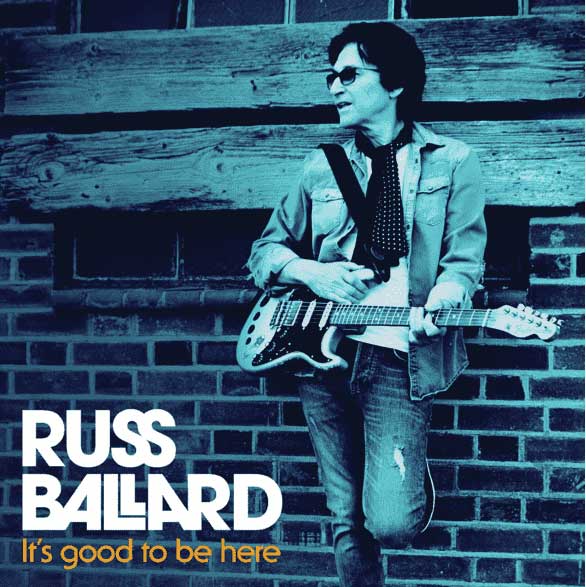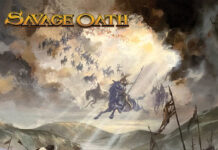
Russ Ballard has accustomed us (unfortunately) to big record gaps to such an extent that we can only expect an album from the once productive artist almost once every single decade. So after “The Seer” (1993) & “Book of Love” (2006) now comes “It’s Good To Be Here” which under normal circumstances we would call “Ballard’s new album” but it is essentially a re-release of 2015. Back then it was released only in digital download and now it comes in our hands in a physical product (CD/LP) after BMG bought the rights to the album.
But enough with the background of “It’s Good To Be Here”. Let’s go see or remember some of the key elements of Ballard’s work for those who have already listened to the album. First of all, Ballard and “quality” are two words almost identical. Whether you like a record or not, you can’t ignore the fact that it is governed by a quality and is, if nothing else, neat and well-crafted. The album opens perhaps with the best track, “The Awakening” which is in the classic style of Ballard since it “sticks” to you at once and it’s really catchy. The follow-up with “Time Machine” and “Kicking The Can” is just as impressive to the point that it makes you wonder if Ballard has released another classic album in the style of “The Fire Still Burns” or the 1984 album of the same name. However, the rest of the songs were not up to par without this meaning that the tracks are not good. It’s just that the tempo of the songs drops and most of the time we are treated with more ballads that don’t reach the level of inspiration of the first three tracks.
Anyway, the fact remains that every time Ballard decides to head into the studio and record new tracks, only joy can offer us. After all, we are talking about the man who has given us a double-digit number of hits that we will hear in the years to come. We’ll buy “It’s Good To Be Here” and enjoy it… maybe less than his classic albums, but I guess that’s not so important in this time and age.
Highlight: The album closes with three renditions of his classic compositions “New York Groove”, “Since You Been Gone” and “You Can Do Magic” which are different and in my humble opinion inferior to the well-known classic versions.





